Nakba 75: How Israeli regime lost deterrence power against resistance
By Ali Ghorban Bagheri
Seventy-five years since the Nakba, or the Palestinian catastrophe, which refers to the ethnic cleansing of Palestinian natives by the apartheid regime of Israel in 1947-1948, the day has not been forgotten.
Every year, on May 15, people around the world mark Nakba Day, the uprooting and dismemberment of Palestine by the occupying regime with the help of Western powers.
During the Nakba, Palestinians were forcibly expelled from their homes, hundreds of villages were depopulated, homes were razed down and tens of thousands, including children and women, were killed in cold blood.
This ‘catastrophe’ will never be forgotten as time passes, and it's evident from the growing solidarity for the Palestinian cause worldwide and the humiliation of the occupying regime.
The displaced Palestinian nation is getting stronger and more resilient every day with the help of the resistance forces and the zealous, tireless youth who have robbed the Israeli warmongers and illegal settlers of their peace.
These days, as is clearly evident, Israel’s deterrence capabilities have tailed off and its military systems fail to counter the growing power of Palestinian resistance forces.
The era of stone-throwing Intifada has passed and this time the Israeli regime is faced with resistance forces’ missiles, rockets and drones launched from the besieged Gaza Strip, the Syrian Golan and the south of Lebanon, shattering the regime’s myth of invincibility and pre-eminence.
This year’s anniversary of Nakba coincided with Israeli Prime Minister Benjamin Netanyahu ordering a fresh round of aggression against people in Gaza, killing children and women, among others.
The regime believed it can draw the United States support amid the White House’s waning influence in the region. On the other side, US allies, including Saudi Arabia, are also engaged in new alignments in the region.
So, it was a terrible miscalculation and the result was on the expected lines. The regime, already facing an existential crisis, ended up facing another disgraceful defeat, brightening the prospects of the total annihilation of the illegitimate regime.
Meanwhile, for the first time since 1948, the United Nations decided to commemorate this day on Monday in New York pursuant to a mandate by the General Assembly to support Palestinian rights with 90 votes in favor, 30 votes against and 47 abstaining.
The world body last year passed a historic resolution despite vehement opposition from the regime and its Western allies to recognize the Nakba.
“This is an occasion to highlight the noble goals of justice and peace, which require recognizing the reality and history of the Palestinian people's plight and ensuring fulfillment of their inalienable rights,” the UN said.
Riyad Mansour, Permanent Observer of the State of Palestine to the United Nations, said the UN observance of Nakba Day for the first time is a diplomatic success for Palestine.
A series of rallies and demonstrations were held in many cities across the world, including New York, London, Paris, Islamabad, Sanaa and Tehran, with demonstrators commending the Palestinian resistance forces and reaffirming their support for them.
In London, the event, titled “Nakba 75 – End apartheid, End the occupation”, drew a large crowd of pro-Palestine activists who raised the calls for ‘intifada the only solution” to end the Israeli occupation.
In a statement, the Yemenis said the Zionist regime will never be able to restore its deterrent power. The solidarity from one resistance to another resistance.
This erosion of the occupying regime’s deterrent power comes as attempts by Israeli officials to normalize relations with Arab states have reached a deadlock, and the resistance front by promoting unity and integrity has provoked divisions among hard-line allies of Netanyahu’s far-right cabinet.
Following the resistance front’s retaliatory strikes this time, the disagreement between Netanyahu and his war minister Itamar Ben-Gvir has grown so profoundly that their respective parties Likud and Otzma Yehudit have threatened to break up the coalition.
Exactly 75 years after the Nakba, the regime finds itself in the grip of unprecedented division and disagreement both on the part of the opposition and the coalition cabinet members.
It fully eroded the crisis-stricken regime’s deterrence against the resistance front and created divisions in the incumbent premier’s far-right cabinet. The resistance, on the other side, is growing in strength.
Ali Ghorban Bagheri is a political commentator with a focus on the Arab world.
(The views expressed in this article do not necessarily reflect those of Press TV
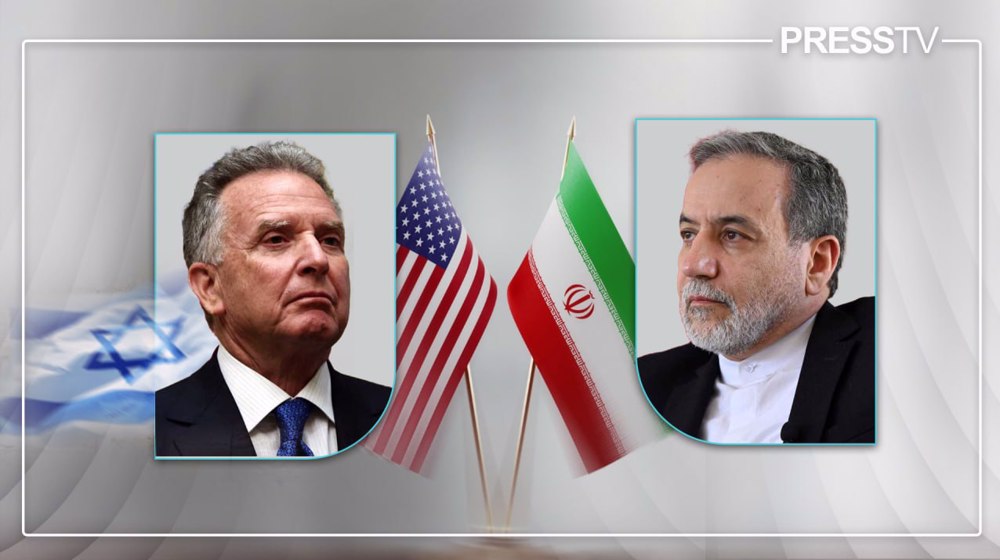
Iran-US nuclear talks: A historical overview and future expectations
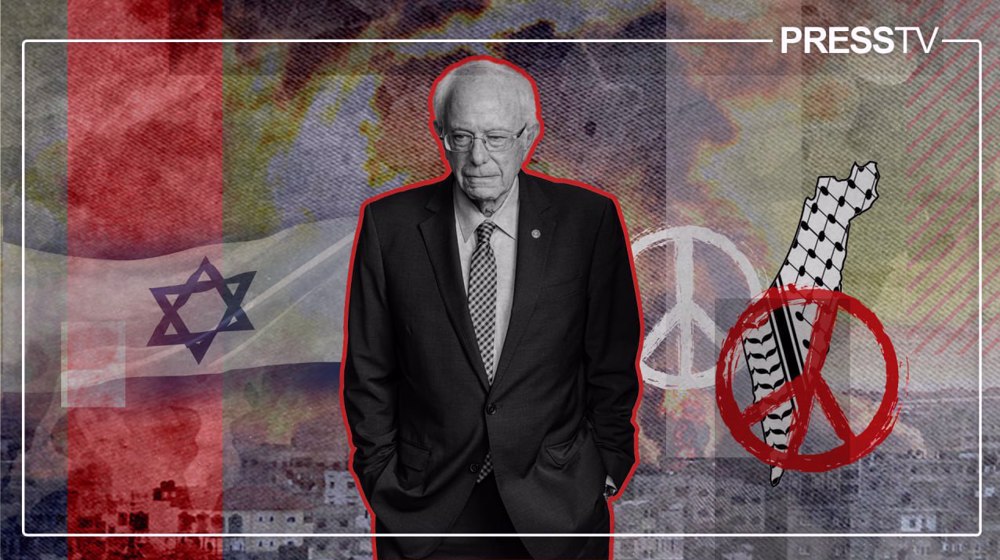
How Bernie Sanders condemns genocide in Gaza without actually condemning it
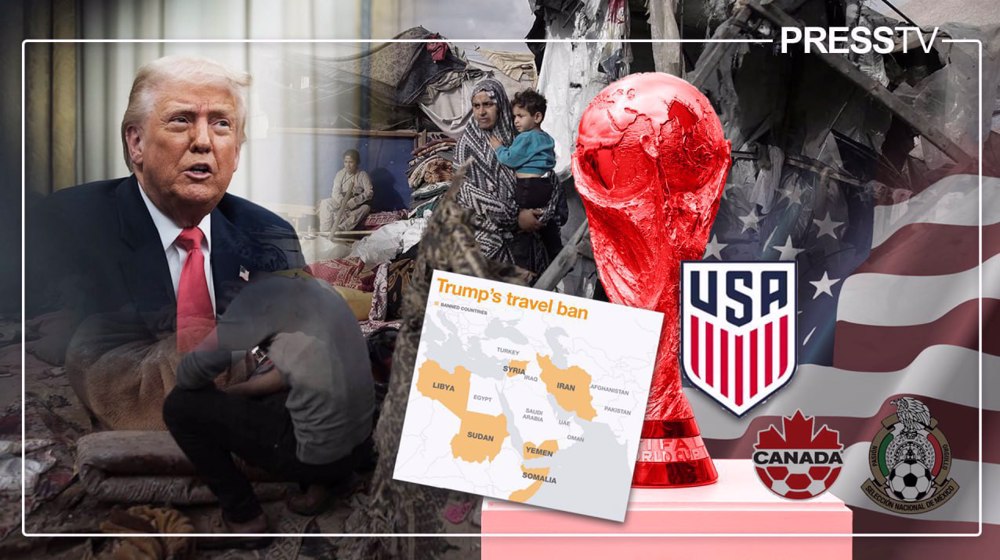
Trump's proposed travel ban should bar US from hosting 2026 FIFA World Cup
Iran condemns baseless GCC claims on 3 Persian Gulf islands
At least 65 Palestinians killed inside Israeli prisons
VIDEO | US deadly aggression vs Yemen
Iran denies US investors will be present in its trade fair
Israeli forces kill three Palestinians in intensified West Bank raids
VIDEO | Press TV's news headlines
Nearly 600 children killed in renewed Israeli assault on Gaza: UN agency
Moroccan port workers protest Maersk ship carrying F-35 parts to Israel


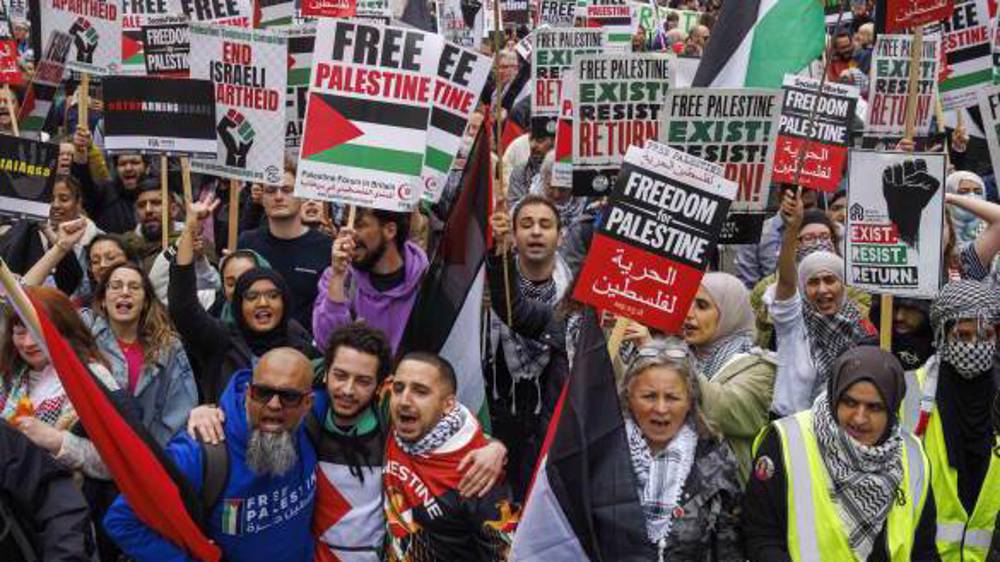



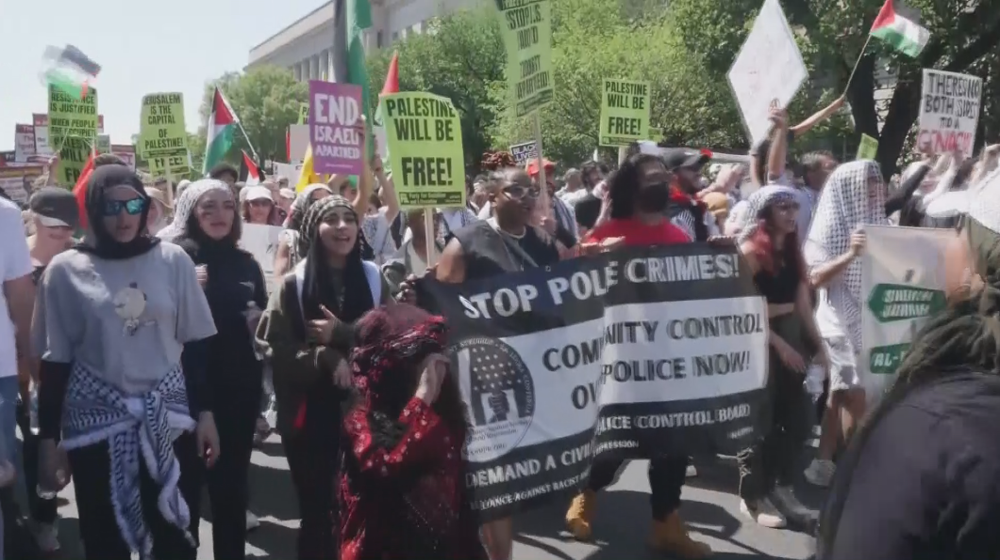
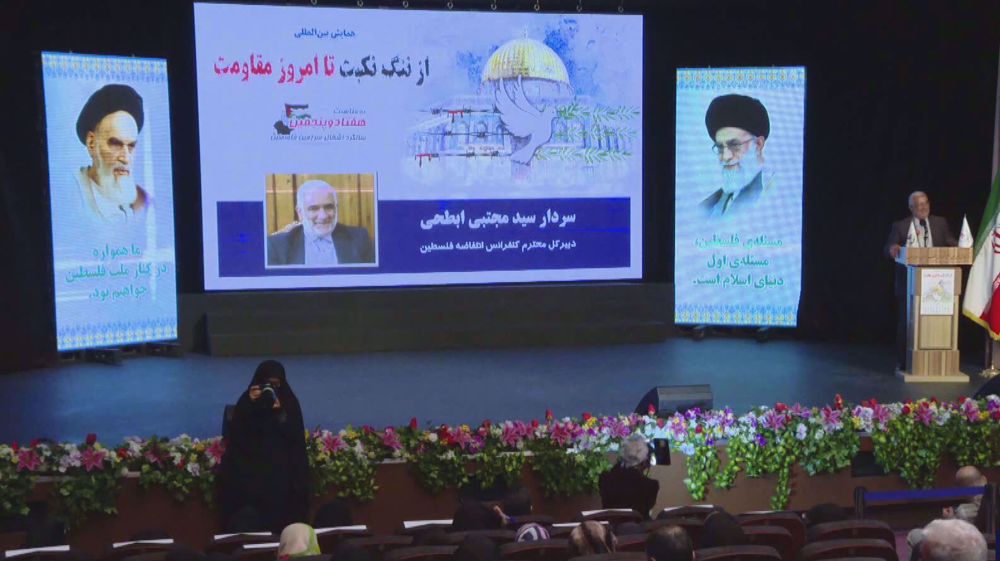
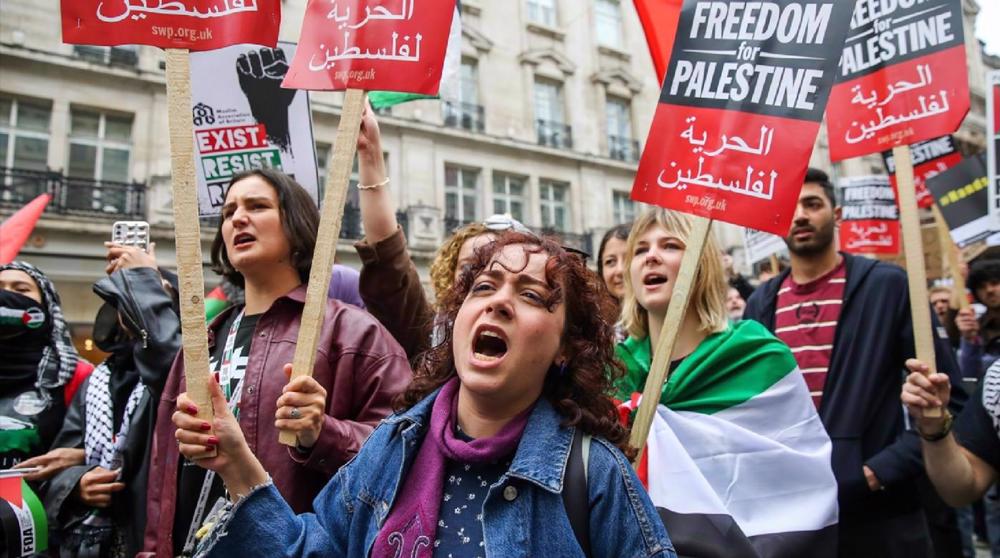
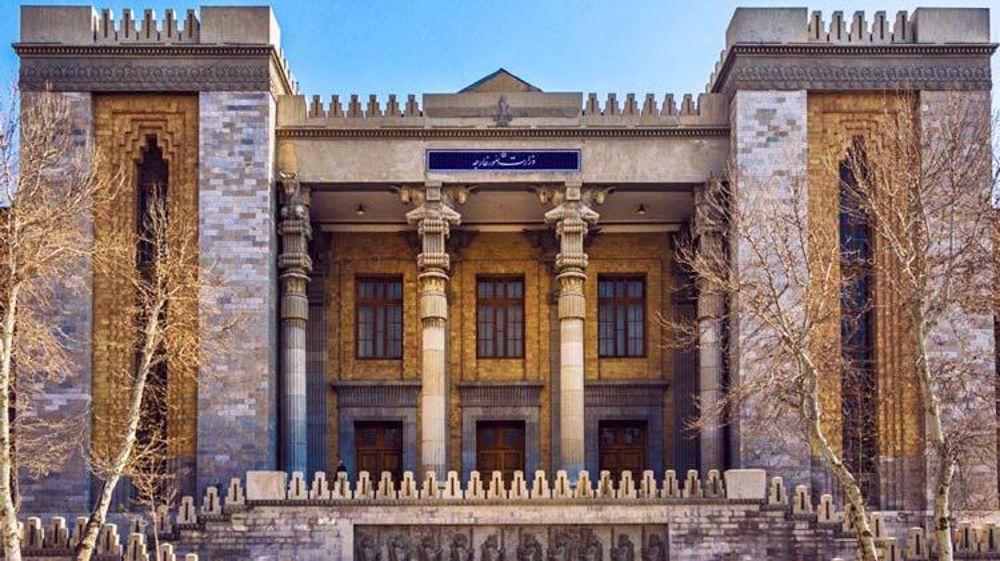
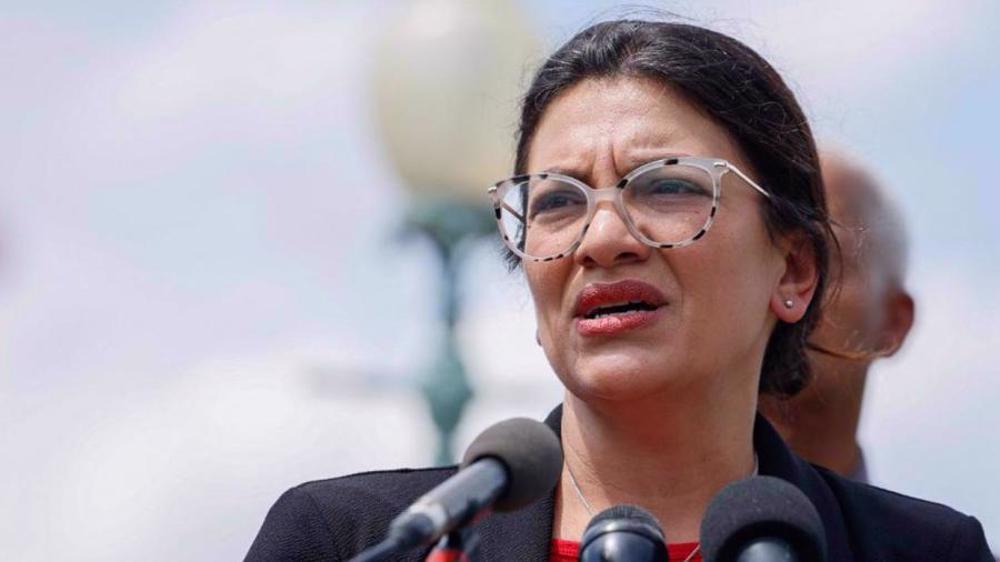

 This makes it easy to access the Press TV website
This makes it easy to access the Press TV website